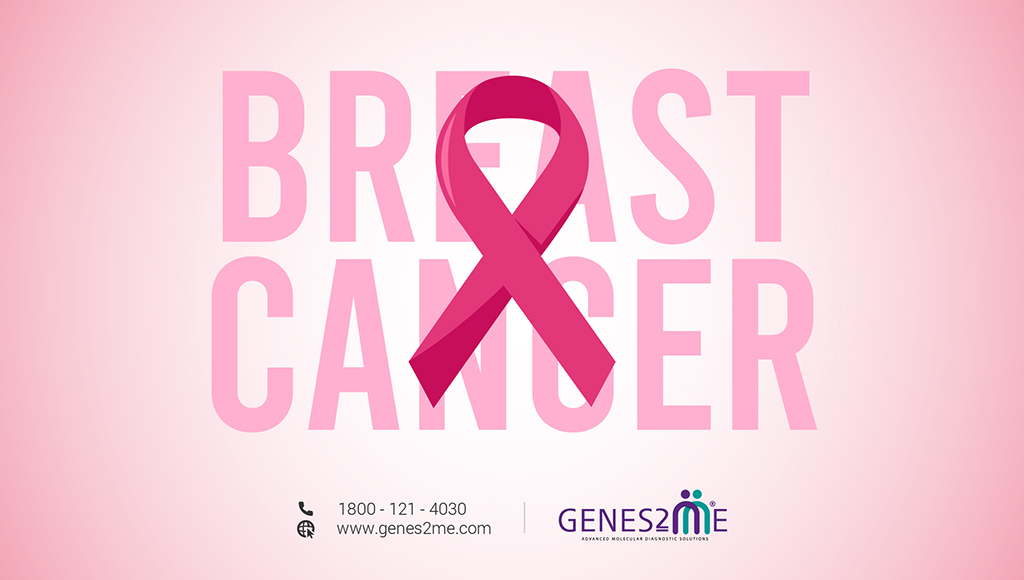Risk Factors Associated With Breast Cancer

Cancer is a disease that affects millions of families around the world, treating, all the same, be it someone young or old, or someone rich or poor. There are different forms of cancer and one that is rising at an alarming rate is Breast Cancer. Breast cancer genetic screening at an early stage can save millions of lives.
Breast Cancer is a cancerous tumor discovered in the tissue around the breast region. There may be two kinds of breast cancers. One is ductal carcinoma which starts in the tubes (ducts) of the breast. Most breast cancers fall within this category. Another one is lobular carcinoma that occurs in the milk-producing areas of the breast called lobules. Cancers may also be invasive as well as non-invasive. Invasive cancer extends into from the duct or lobule to other tissues in the breast from the duct or lobule. Non-invasive has not yet invaded other breast tissue.
At the moment breast cancer is the most prevalent cancer in Indian women having recently overtaken cervical cancer. An estimated 70,218 women died of breast cancer, the highest in the world for the year 2012.The incidence in India is 25.8 per 100,000 women and mortality 12.7 per 100,000 women. Some of the major reasons for this observed mortality rate are lack of proper breast cancer screening, advanced disease diagnosis and absence of appropriate medical facilities.
Major Risk Factors associated with Breast Cancer
- Age: Age raises the risk for breast cancer, most of the breast cancers are diagnosed after age 50.
- Genetics: Mutations in certain genes, such as BRCA1 and BRCA2. Women inheriting these genetic changes are at a much higher risk of breast cancer and ovarian cancer.
- Having dense breast tissue. Women having dense breasts are more likely to get breast cancer. Dense breasts have more connective tissue than fatty tissue, which at times make it difficult to see the tumors on a mammogram.
- Personal history of breast cancer. Women who have had breast cancer are more probable to develop breast cancer for the second time.
- Family history of breast cancer. If a woman has a first degree relative (mother, sister, or daughter) who has had breast cancer, the risk of breast cancer is greater.
- Radiation therapy. Women who have had radiation therapy of the chest or breasts before age 30 are at a higher risk of getting breast cancer later in their life.
Other Risk Factors that can be monitored and controlled
- Not being physically active: Women who are not physically active are at increased risk of developing breast cancer.
- Overweight: Older women who are overweight are at a higher risk of getting breast cancer than those at a normal weight.
- Taking hormones: Some forms of hormone replacement therapy taken during menopause can raise the risk for breast cancer when taken for more than five years. Reproductive history. Having the first pregnancy after age 30, not breast feeding, can raise breast cancer risk.
- Alcohol: Studies show that a woman’s risk for breast cancer increases with the more alcohol she drinks.
Although you can’t prevent cancer, but there are things you can do that might reduce your risk to it. It is important to be proactive about your health. Everyone’s risk is unique and can change over time. Healthy lifestyle choices and breast cancer genetic screening can also help lower the risk of breast cancer. These choices include choosing foods and exercises that encourage the maintenance of a healthy weight. When thinking about your lifestyle changes, decide what is best for you at this time in your life!
